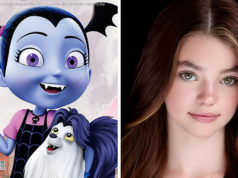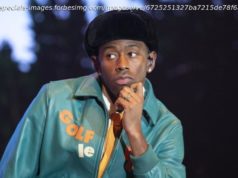“The world is a ghetto,” declares legendary funk band War on its 1972 classic of the same name. And in the music world, that “ghetto”…
“The world is a ghetto,” declares legendary funk band War on its 1972 classic of the same name.
And in the music world, that “ghetto” for black artists has long been “urban” music departments and genre shackles that have essentially segregated them based on the color of their skin. To make so-called “urban” music was to keep you in your place — safely apart from the more prestigious, less dangerous fields of music that were far, far away from the streets.
But therein the music industry has been a microcosm of society as a whole, where systemic racism has made it hard for black artists to cross the color lines in some long-standing institutions. Those include the Grammys — the gold-standard of artistic achievement in the music business — and major record labels that have put black artists in a minor division by relegating them to urban departments.
But as “United We Sing: A Grammy Salute to the Unsung Heroes” — a tribute to essential workers hosted by Harry Connick Jr. — gets set to air Sunday at 8 p.m. on CBS, there is a shift happening in the music industry, which, like many individuals and businesses, has been pushed by the Black Lives Matter movement to take a hard look at itself.





